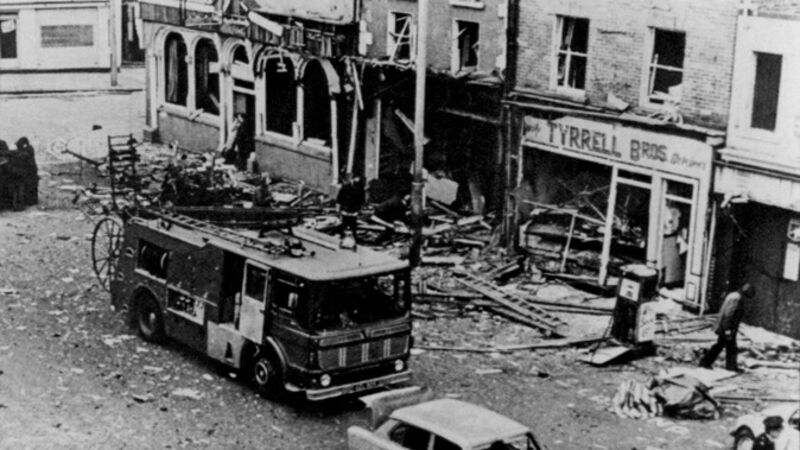State should apologise for ignoring plight of victims and bereaved of the Dublin-Monaghan bombings

Dublin firemen search through the rubble on Parnell Street the morning after the explosion.
It was 50 years ago today that 33 people and an unborn child were murdered in the Dublin-Monaghan bombings.
In a highly synchronised operation in Dublin, three bombs were set off in less than four minutes around 5.30pm. Just 90 minutes later, another bomb went off in Monaghan. There were no warnings.
















